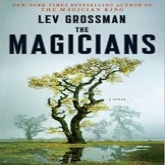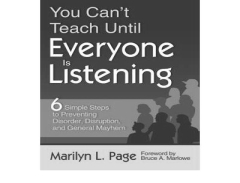题目内容
单词拼写(共10小题,每小题1.5分,满分15分)
1.He walked along in the shadows, hoping no one would _____________ (认出) him.
2.How can I __________ (说服;使…相信)you that I am sincere?
3.She has learnt to ______ (掩藏)her feelings.
4.The _____________ (坚定的) look on his face showed that he had enough confidence in himself.
5.Only _______(受过教育的) people can have a good understanding of the lecture given by the scientist.
6.The man jumped into the river and _______ (拯救)the child.
7.The husband and wife always have different _________ (态度) towards their children’s education.
8.They were _______ (困,陷)in the burning house.
9.Although he’s 80, he’s still very ___________.(活跃的;积极的)
10.He is not a __________(本国的) Chinese speaker but he can speak it quite fluently.
1.recognize
2.persuade
3.bury
4.determined
5.educated
6.rescued
7.attitudes
8.trapped
9.active
10.native
【解析】
1. 考查动词。句意:他走在暗处,希望没有人能认出他来。
2. 考查动词。Persuade sb 说服某人;
3. 考查动词 。句意:她学会掩藏她的感情。
4. 考查形容词。句意:他脸上坚定的表情说明他有足够的自信。
5. 考查形容词。句意:只有受过教育的人能理解这位科学家的演讲。
6. 考查动词。句意:这个人跳进河里救出小孩子。
7. 考查名词。句意:丈夫和妻子对于孩子的教育有不同的态度。
8. 考查动词。Be trapped in 陷入;
9. 考查形容词。句意:虽然他已经八十了,但他十分的活跃。
10. 考查形容词。句意:他不是中国人,但他中文十分的流利。
考点:单词拼写。

 天天向上一本好卷系列答案
天天向上一本好卷系列答案 小学生10分钟应用题系列答案
小学生10分钟应用题系列答案




